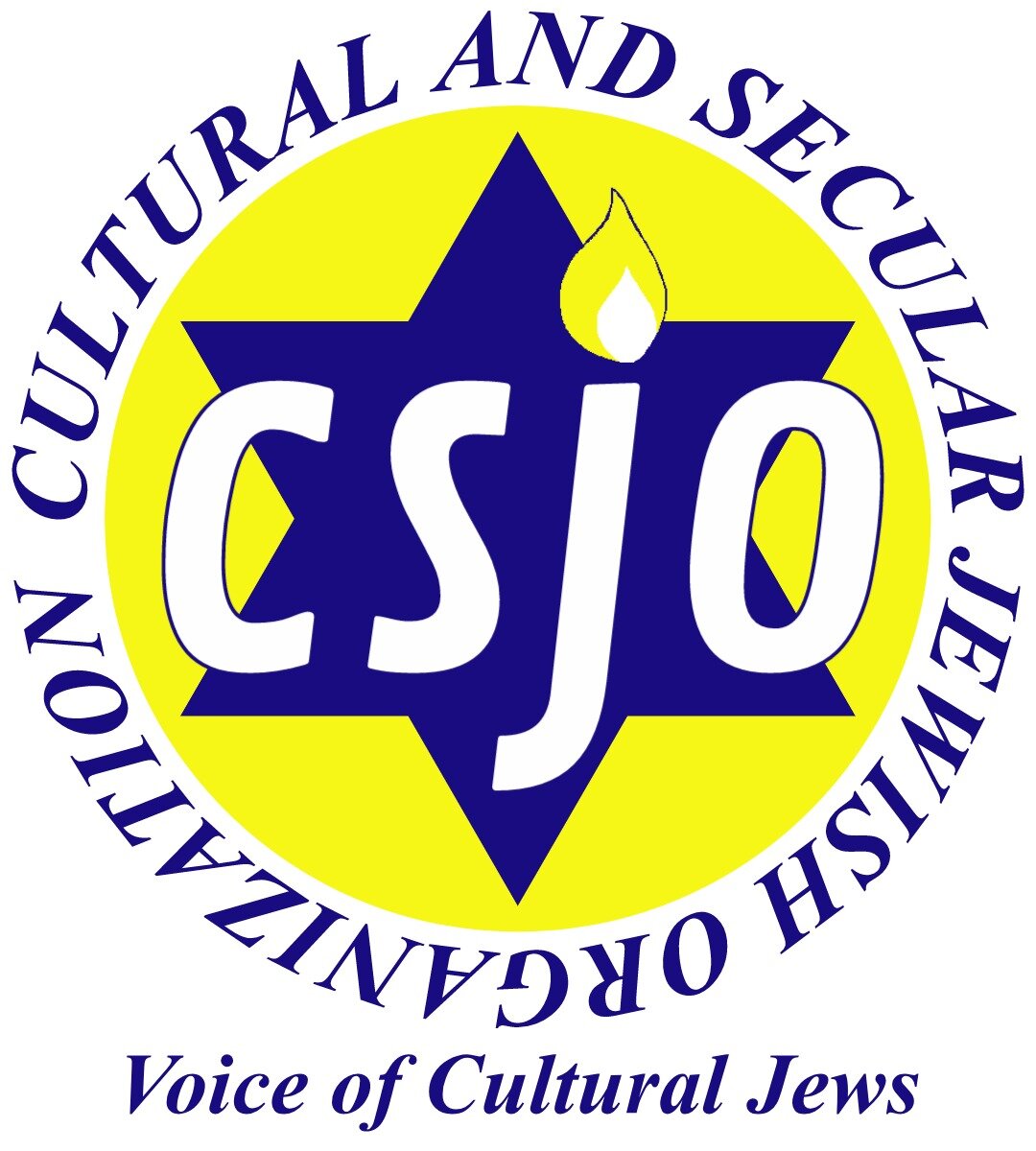2006 Progress? by Leah Bender Siemiarowski
Almost sixteen years ago I entered into the secular humanistic Jewish community as a conscious six year old. I was conscious of the kicking and screaming I did every Sunday morning while my parents dragged me to the Jewish Children’s Folkshul in Philadelphia. However, as time went on I learned that I really liked and valued what I was learning. In fact, I decided to apply what I’d learned in the secular Jewish community and beyond.
In Aleph class at Folkshul we learned about being a mensch. We all giggled when we heard the Yiddish word, but I really internalized the underlying principles.
Shortly thereafter I came to CSJO for the first time. I was twelve and it was in Windsor Canada. I didn’t really make any connections that year, so I guess it was a good thing that Rob Kurtz agitated enough to have the conference strictly thirteen and up.
All jokes aside, I did return the next year and it was much better. I made friends, actually went to workshops and learned the value of this particular community. Much like Folkshul, it was a group of people who engaged with topics of social action and acknowledged that since the world was imperfect it was our duty as Jews – and more importantly as human beings – to at least begin a consciousness raising effort.
So here I am, but I’ll get to that later…
After completing the Folkshul’s school I came back. First as an assistant and now as a teacher. I want to give back to the community that gave so much to me.
Beyond that, it inspired me to start working towards my Masters degree in Elementary Education. And when I teach I don’t want to do it in a private or suburban school. I want to be placed in the roughest neighborhood in Philadelphia and deal with all of the social, economic, and emotional baggage that comes with every child that walks into my classroom. Why take the cushy job and not have the opportunity to do the work with the people that need it the most?
In her book, The Coming of Lilith, Judith Plaskow defines Judaism as, “ethical monotheism…It was our obligation to manifest this belief in the realm of human relations through fair dealings with others on an interpersonal level and through commitment to the vision of social justice central to the prophets.”
Ok.
Minus the god thing and maybe modify the prophets and that makes sense – at least to me.
The victimhood (and also guilt) so often tied to a Jewish identity lead us to invoke our commitment to social justice when we see harm and wrongs perpetrated against other human beings.
However, I know this isn’t customary, but I think that we – as a secular humanistic Jewish community – need to reexamine our awareness when it comes to other human beings.
Since I’m a last minute fill in for this gig I have the advantage of incorporating recent material.
Last night at the Oneg we said in unison, “Hear, Oh Israel; The universe is one. All humanity is one. And you shall love your fellow humans with all your heart and all your soul, and all your might! These words inscribe on your heart and on your doorposts. Repeat them and teach them to your children; By day and by night. Teach them to honor life.”
With much of the Oneg’s focus on tzedakah and tikkun olam, it makes me wonder about our role in the process.
There is so much in the world to infuriate us and make us raise our voices and bodies in opposition – to scream, “This is wrong! This is inhuman!”
But where is our voice? Where is there more than a blurb on our websites?
One individual voice does almost nothing to stop injustice, but together we can try.
Look at the news, look at communities around you, look out of your window and recognize that the world isn’t going to get any better until we fight for it.
I love my secular humanistic Jewish community for what it has taught me…but I love humanity more.
Thank you.

